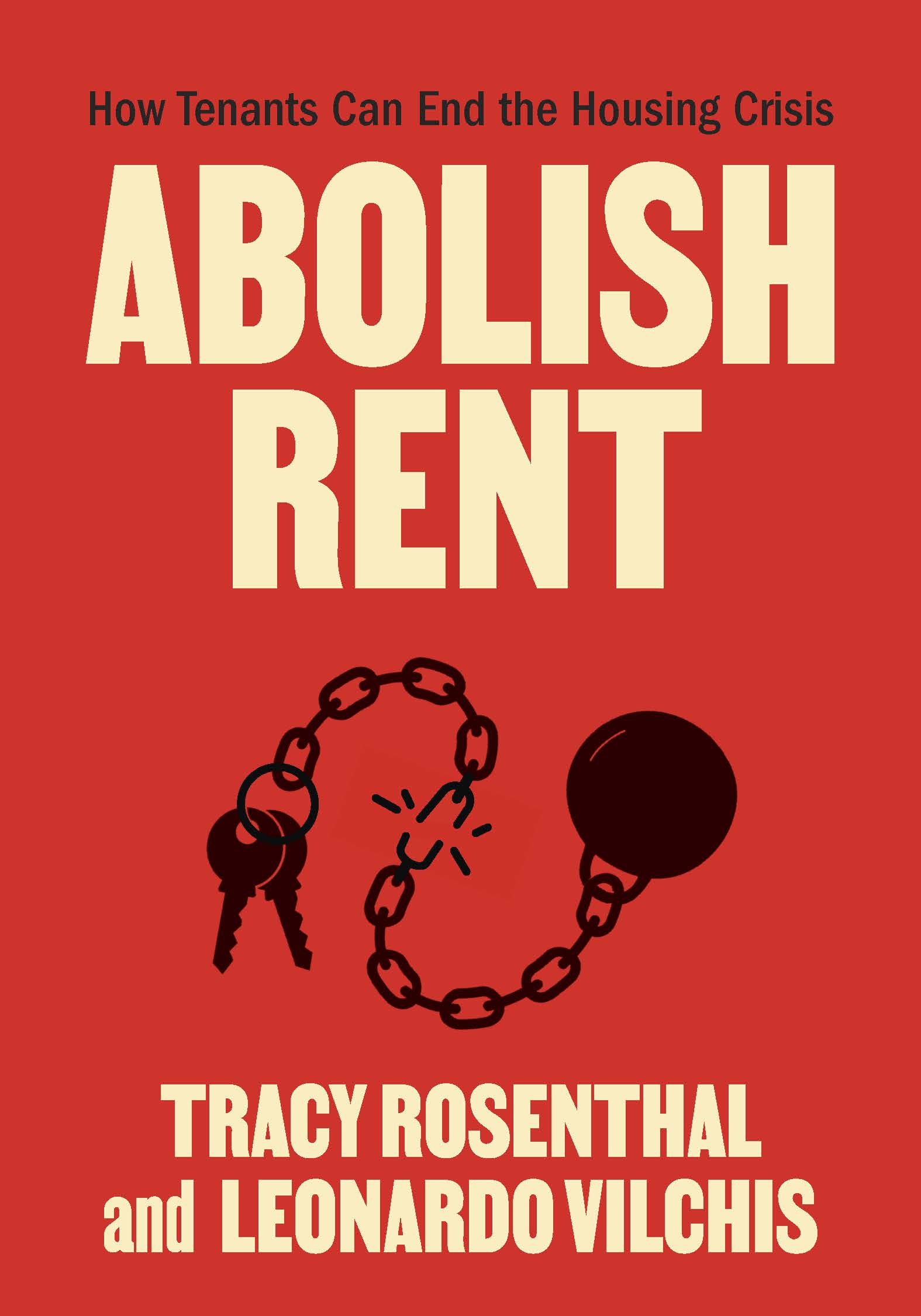

The Legacy of Slavery: Standards for a New Womanhood
"The slavery system defined Black people as chattel. Since women, no less than men, were viewed as profitable labor-units, they might as well have been genderless as far as the slaveholders were concerned. In the words of one scholar, 'the slave woman was first a full-time worker for her owner, and only incidentally a wife, mother and homemaker.'"
"Expediency governed the slaveholders' posture toward female slaves: when it was profitable to exploit them as if they were men, they were regarded, in effect, as genderless, but when they could be exploited, punished and repressed in ways suited only for women, they were locked into their exclusively female roles."
"Within the confines of their family and community life, therefore, Black people managed to accomplish a magnificent feat. They transformed that negative equality which emanated from the equal oppression they suffered as slaves into a positive quality: the egalitarianism characterizing their social relations."
"Black women were equal to their men in the oppression they suffered; they were their men's social equals within the slave community; and they resisted slavery with passion equal to their men's. This was one of the greatest ironies of the slave system, for in subjecting women to the most ruthless exploitation conceivable, exploitation which knew no sex distinctions, the groundwork was created not only for Black women to assert their equality through their social relations, but also to express it through their acts of resistance."
The Anti-Slavery Movement and the Birth of Women's Rights
"When manufacturing moved out of the home and into the factory, the ideology of womanhood began to raise the wife and mother as ideals. As workers, women had at least enjoyed economic equality, but as wives, they were destined to become appendages to their men, servants to their husbands. As mothers, they would be defined as passive vehicles for the replenishment of human life. The situation of the white housewife was full of contradictions. There was bound to be resistance."
"The anti-slavery movement offered women of the middle class the opportunity to prove their worth according to standards that were not tied to their role as wives and mothers. In this sense, the abolitionist campaign was a home where they could be valued for their concrete works."
"They discovered that sexism, which seemed unalterable inside their marriages, could be questioned and fought in the arena of political struggle. Yes, white women would be called upon to defend fiercely their rights as women in order to fight for the emancipation of Black people."
"But once the male supremacist attacks against them were unleashed, they realized that unless they defended themselves as women - and the rights of women in general - they would be forever barred from the campaign to free the slaves."
Class and Race in the Early Women's Rights Campaign
"Frederick Douglass was also responsible for officially introducing the issue of women's rights to the Black Liberation movement, where it was enthusiastically welcomed."
"These women - unlike their predecessors, whose families owned land - had nothing to rely upon but their labor power. When they resisted, they were fighting for their right to survive."
"Even the most radical white abolitionists, basing their opposition to slavery on moral and humanitarian grounds, failed to understand that the rapidly developing capitalism of the North was also an oppressive system. They viewed slavery as a detestable and inhuman institution, an archaic transgression to justice. But they did not recognize that the white worker in the North, his or her status as 'free' laborer notwithstanding, was no different from the enslaved 'worker' in the South: both were victims of economic exploitation."
Racism in the Woman Suffrage Movement
"The assumption that emancipation had rendered the former slaves equal to white women - both groups equally requiring the vote for the completion of their social equality - ignored the utter precariousness of Black people's newly won 'freedom' during the post-Civil War era. While the chains of slavery had been broken, Black people still suffered the pain of economic deprivation and they faced the terrorist violence of racist mobs in a form whose intensity was unmatched even by slavery."
"In light of widespread violence and terror suffered by Black people in the South, Frederick Dougless' insistence that Black people's need for electoral power was more urgent than that of middle-class white women was logical and compelling. The former slave population was still locked in a struggle to defend their lives - and in Douglass' eyes, only the ballot could ensure their victory."
"The women's rights leaders of the post-Civil War era tended to view the vote as an end in itself. Already in 1866, it seemed that whoever furthered the cause of woman suffrage, however racist their motives, was a worthwhile recruit for the women's campaign."
The Meaning of Emancipation According to Black Women
"Men and women alike were arrested and imprisoned at the slightest pretext - in order to be leased out by the authorities as convict laborers. Whereas the slaveholders had recognized limits to the cruelty with which they exploited their 'valuable' human property, no such cautions were necessary for the postwar planters who rented Black convicts for relatively short terms." 89
"As a result, both employers and state authorities acquired a compelling economic interest in increasing the prison population." 89
"This perversion of the criminal justice system was oppressive to the ex-slave population as a whole. But the women were especially susceptible to the brutal assaults of the judicial system. The sexual abuse they had routinely suffered during the era of slavery was not arrested by the advent of emancipation."
"White women - feminists included - have revealed a historical reluctance to acknowledge the struggles of household workers."
"The feminist activist was perpetrating the very oppression she protested. Yet her contradictory behavior and her inordinate insensitivity are not without explanation, for people who work as servants are generally viewed as less than human beings. Inherent in the dynamic of the master-servant (or mistress-maid) relationship, said the philosopher Hegel, is the constant striving to annihilate the consciousness of the servant."
Education and Liberation: Black Women's Perspective
"'knowledge unfits a child to be a slave.'" 100
Women Suffrage at the Turn of the Century: The Rising Influence of Racism
"This conversation between Ida B. Wells and Susan B. Anthony rook place in 1894. Anthony's self-avowed capitulation to racism 'on the ground of expediency' characterized her public stance on this issue until she resigned in 1900 from the presidency of the National American Woman Suffrage Association."
"The same forces that sought to subjugate the peoples of these countries were responsible for the worsening plight of Black people and the entire US working class. Racism nourished those imperialist ventures and was likewise conditioned by imperialism's strategies and apologetics."
"Had Anthony seriously reflected on the findings of her friend Ida B. Wells, she might have realized that a noncommittal stand on racism implied that lynchings and mass murders by the thousands could be considered a neutral issue." 119
"For years and years, leading suffragists had justified the Association's indifference to the cause of racial equality by invoking the catch-all argument of expediency. Now woman suffrage was represented as the most expedient means to achieve racial supremacy."
Black Women and the Club Movement
"Not nearly as many Black women were confronted with the domestic void which plagued their white middle-class sisters."
Working Women, Black Women and the History of the Suffrage Movement
"Anthony's staunchly feminist position was also a staunch reflection of bourgeois ideology. And it was probably because of the ideology's blinding powers that she failed to realize that working-class women and Black women alike were fundamentally linked to their men by the class exploitation and racist oppression which did not discriminate between the sexes." 142
Communist Women
"Lucy Parsons argued that racism and sexism were overshadowed by the capitalists' overall exploitation of the working class. Since they were victims of capitalist exploitation, said Parsons, Black people and women, no less than white people and men, should devote all their energies to the class struggle... Sex and race, according to Lucy Parsons' theory, were facts of existence manipulated by employers who sought to justify their greater exploitation of women and people of color." 153
Rape, Racism, and the Myth of the Black Rapist
"Slavery relied as much on routine sexual abuse as it relied on the whip and the lash." 175
"It was the unwritten policy of the US Military Command to systematically encourage rape, since it was an extremely effective weapon of mass terrorism."
"The reliance on rape as an instrument of white-supremacist terror predates by several centuries the institution of lynching. During slavery, the lynching of Black people did not occur extensively - for the simple reason that slaveowners were reluctant to destroy their valuable property. Flogging yes, but lynching, no. Together with flogging, rape was a terribly efficient method of keeping Black women and men alike in check. It was a routine arm of repression." 183
"... for the rape charge turned out to be the most powerful of several attempts to justify the lynching of Black people. The institution of lynching, in turn, complemented by the continued rape of Black women, became an essential ingredient of the postwar strategy of racist terror."
"Lynchings were represented as a necessary measure to prevent Black supremacy over white people - in other words, to reaffirm white supremacy."
"In a society where male supremacy was all-pervasive, men who were motivated by their duty to defend their women could be excused of any excess they might commit. That their motive was sublime was ample justification for the resulting barbarities." 187
"It seems, in fact, that men of the capitalist class and their middle-class partners are immune to prosecution because they commit their sexual assaults with the same unchallenged authority that legitimizes their daily assaults on the labor and dignity of working people."
Racism, Birth Control, and Reproductive Rights
"Black women have been aborting themselves since the earliest days of slavery. Many slave women refused to bring children into a world of interminable forced labor, where chains and floggings and sexual abuse for women were the everyday condition of life."204
"Their assumption reflected the tendency to blur the distinction between abortion rights and the general advocacy of abortions. The campaign often failed to provide a voice for women who wanted the right to legal abortions while deploring the social conditions that prohibited them from bearing more children."
"More and more, it was assumed within birth control circles that poor women, Black and immigrant alike, had a 'moral obligation to restrict the size of their families.' What was demanded as a 'right' for the privilege came to be interpreted as a 'duty' for the poor." 210
"By 1932 the Eugenics Society could boast that at least twenty-six states had passed compulsory sterilization laws and that thousands of 'unfit' persons had already been surgically prevented from reproducing."
60-61, 77-83, 88-90, 96-97, 183-187, 205-210


